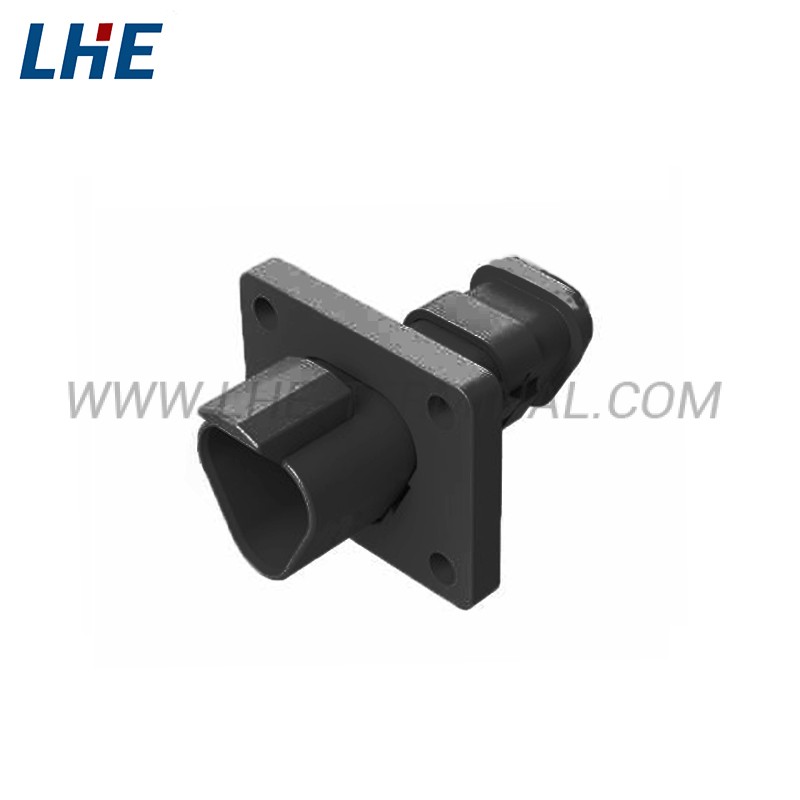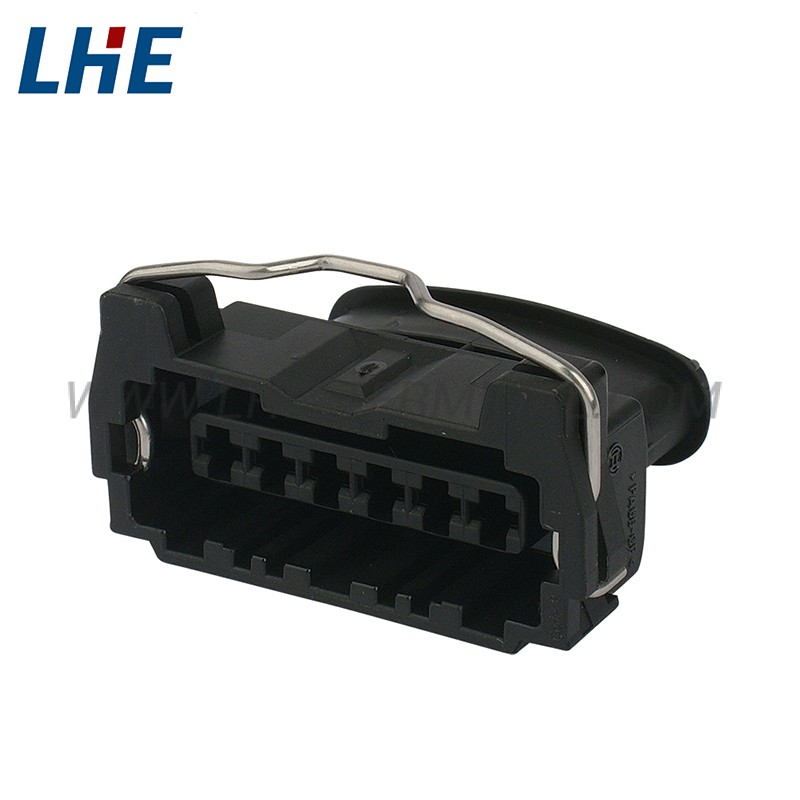The material of the connector insulating parts is generally PA66, PBT, ABS, PC, etc. The contact material is generally made of brass, phosphor bronze, beryllium copper, etc., but now the most commonly used materials abroad are copper-nickel-silicon materials. Connector housing materials are generally divided into two materials: plastic and metal.
Regarding how to choose plastic material or metal material, there are generally the following reference points:
● Lightweight
Due to the demand for lightweight vehicles, especially passenger car manufacturers will try their best to choose plastic connectors on the premise of satisfying product performance to control the weight of the vehicle.
● The use environment of the product
Because the mechanical strength of metal materials is better than that of plastics. Therefore, in some harsh environments, metal connectors are more suitable. For example, special vehicles, muck trucks, and the electrical connection parts that are not protected when the vehicle is arranged. At this time, the metal connector is slightly better than the plastic connector in terms of environmental impact and mechanical strength.
● Shielding implementation
For shielded connectors, since the shell of the metal connector itself is used to conduct shielding, it forms a carrier for shielding protection. In general, metal connectors are easier to achieve better shielding effectiveness than plastic connectors, and the shape is more compact.





















